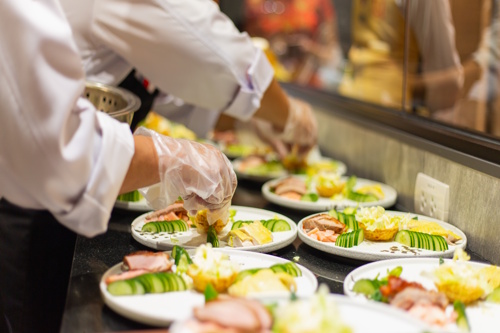For decades, luxury in hospitality was synonymous with excess. Crystal chandeliers, oversized suites, golden bathtubs, and fleets of supercars defined what it meant to be part of the top tier of global travel. In the 1990s, this image of “bling-bling luxury” began to lose its allure. As wealth became more widely accessible, material displays were no longer enough to set the truly affluent apart. Exclusivity, the timeless core of luxury, had to find a new expression.
Today, that expression is no longer about what guests possess but about how they feel. The evolution toward New Luxury is transforming the market: from material extravagance to immaterial values such as time, privacy, well-being, and authenticity. This shift is not merely cosmetic. It is a structural redefinition of what hotels must deliver to remain relevant in the high-end segment.
From Material to Immaterial
At the heart of this transformation lies the understanding that exclusivity has taken on new dimensions. Guests now search for experiences that cannot be replicated, commodified, or instantly posted on social media. Access to untouched landscapes, a sense of safety in a hyper-exposed digital world, and the feeling of being known without having to explain have become the new markers of privilege.
This is the age of Hidden Luxury: discreet sanctuaries where privacy and anonymity are the ultimate indulgences. For many ultra-high-net-worth individuals, true luxury today may mean something as simple – yet rare – as walking through a city unnoticed, shielded from the glare of public exposure.
Sensorial Luxury
In a world oversaturated with noise, screens, and constant stimuli, guests increasingly value balance across all senses. Luxury hotels are beginning to respond by creating spaces that stimulate calm rather than overwhelm. Silence, touch, and scent are elevated to the same importance as visual design. From circadian lighting that respects the body’s rhythms to materials chosen for their tactile qualities, sensorial curation has become a new frontier in hospitality.
Toward Spiritual Well-Being
Perhaps the most profound dimension of New Luxury is the rise of spiritual well-being. More than spas or wellness treatments, this is about creating environments where body, mind, and soul can align. Here, hotels act less as entertainers and more as facilitators of transformation. The role of the property is to craft the conditions for reflection, balance, and renewal – enabling guests to step closer to their personal sense of fulfillment. Luxury, in this light, evolves from “to have” into “to be.”
What This Means for Hoteliers
For hoteliers, the implications are both practical and far-reaching. The modern definition of exclusivity demands not only new services but also a new philosophy of guest experience.
Hyper-personalized service has replaced traditional formality. The so-called “invisible concierge” ensures that a guest never has to repeat themselves: the pillow they preferred last time is already waiting, dietary preferences are discreetly respected, and even digital boundaries can be managed on request through a “digital detox concierge.” True luxury is when a guest’s time and attention are treated as their most precious assets.
At the same time, sustainability has become non-negotiable. High-end travelers – particularly Millennials and Gen Z – expect hotels to be transparent and accountable. Farm-to-table dining is no longer enough; guests want assurance that their stay contributes positively, whether through reduced footprints, partnerships with local artisans, or investment in conservation. Here, the true privilege lies in not having to question the ethics behind any choice.
Food and beverage, too, has entered a new era where culinary experience is measured by wellness and intimacy as much as by sophistication. Menus that support sleep, balance, or immunity are gaining traction. Non-alcoholic pairings are no longer alternatives but equal counterparts to wine and cocktails. And dining experiences thrive when they are intimate and unexpected – in a hidden garden, at the chef’s table, or even with a local host.
Finally, technology has stepped back into the background. It is still essential – high-speed connectivity is a given – but true luxury lies in discretion. Guests value the ability to switch off every screen in their suite with a single button, to bathe their room in light that supports natural rhythms, or to coordinate every element of their stay via an app, while still having the option to engage personally if they wish. Technology, in this sense, becomes a silent enabler of comfort, not a spectacle.
Conclusion
The definition of luxury hospitality is shifting from material symbols to immaterial values, from possession to transformation. Hotels that will shape the future are those that understand luxury not as a display of wealth, but as the art of creating rare experiences: time reclaimed, privacy protected, senses balanced, and meaning rediscovered.
For the modern traveler, the greatest indulgence is no longer gold or marble – it is the feeling of being at ease, unseen, and fully themselves.




